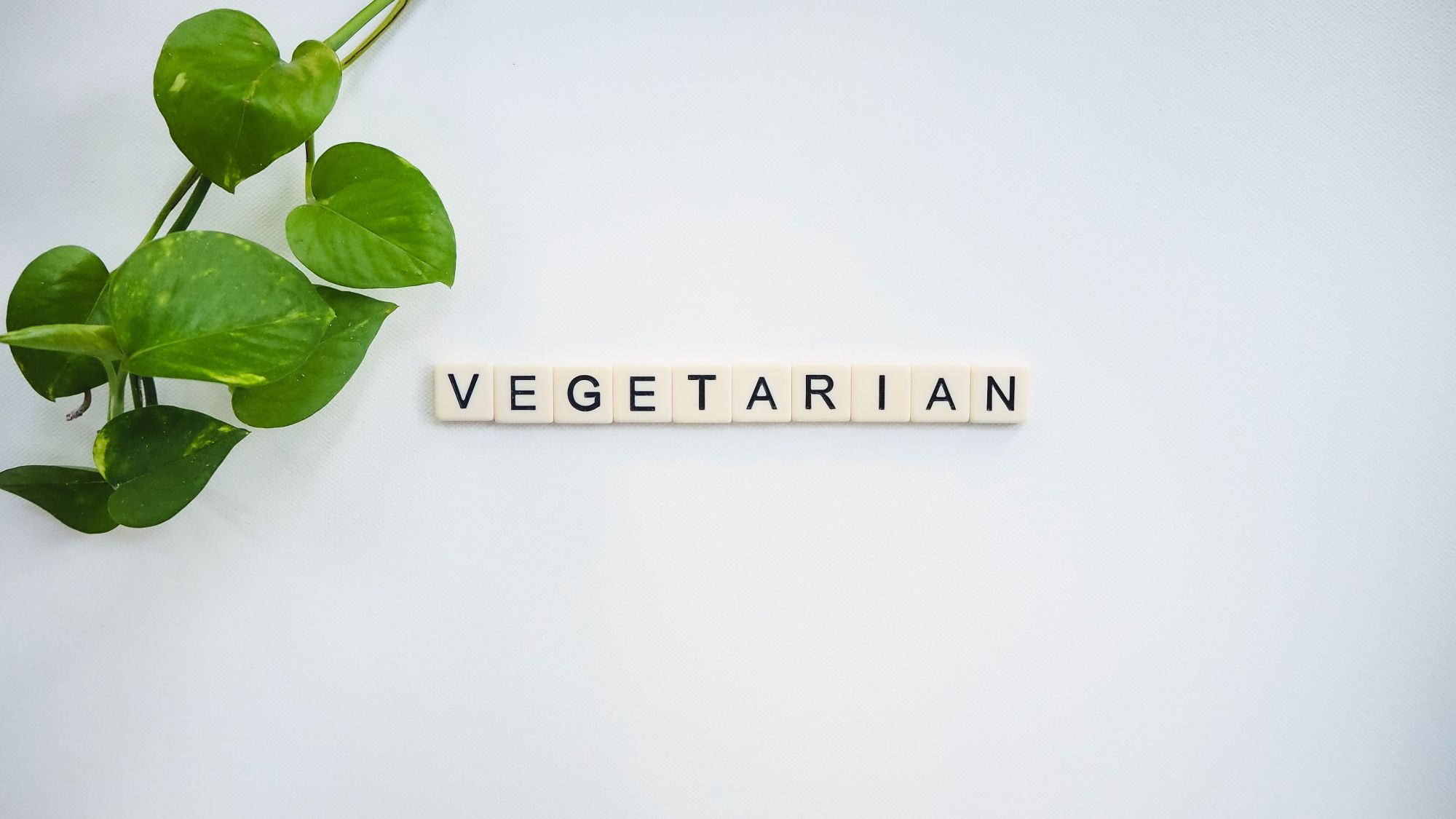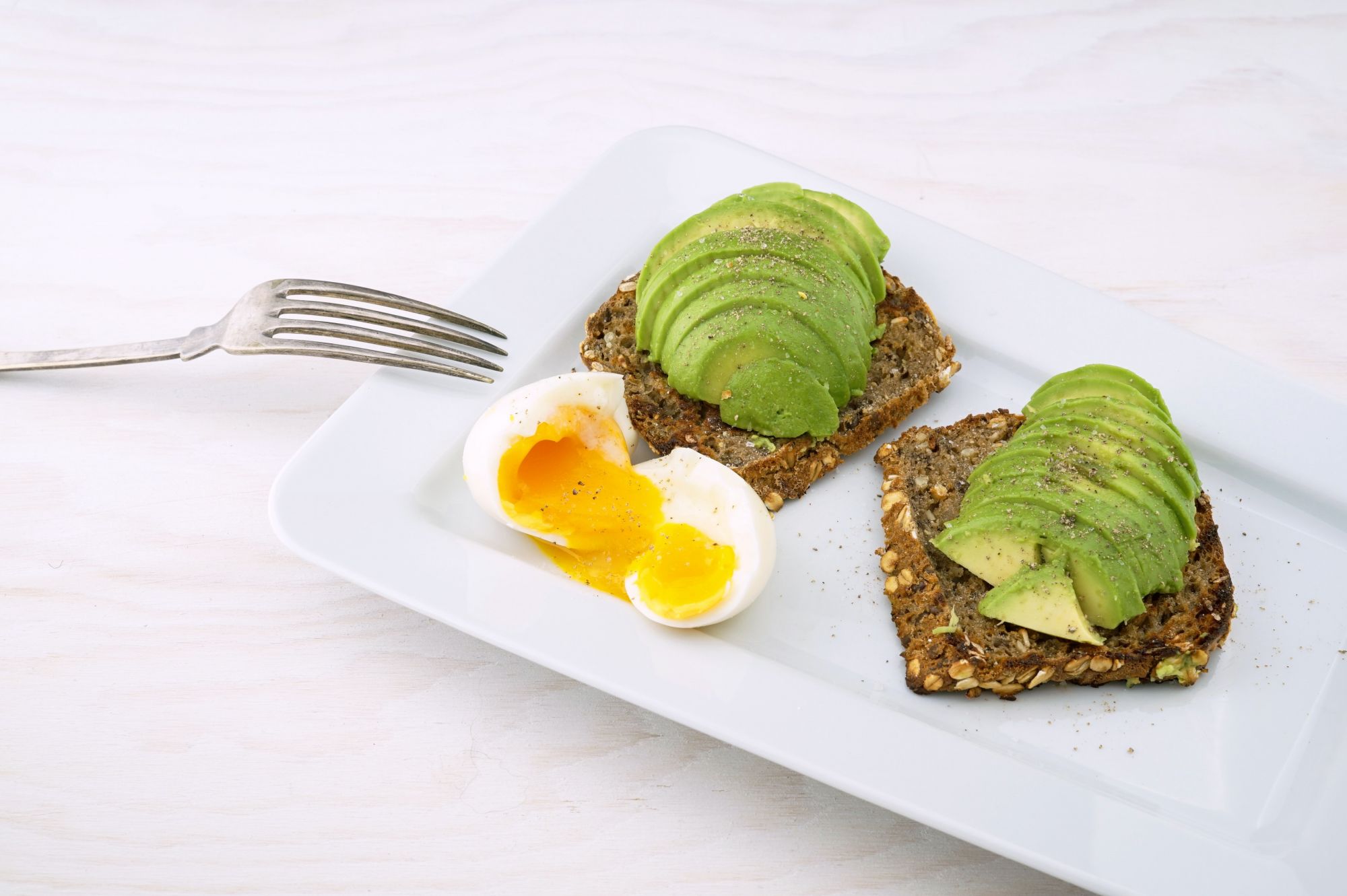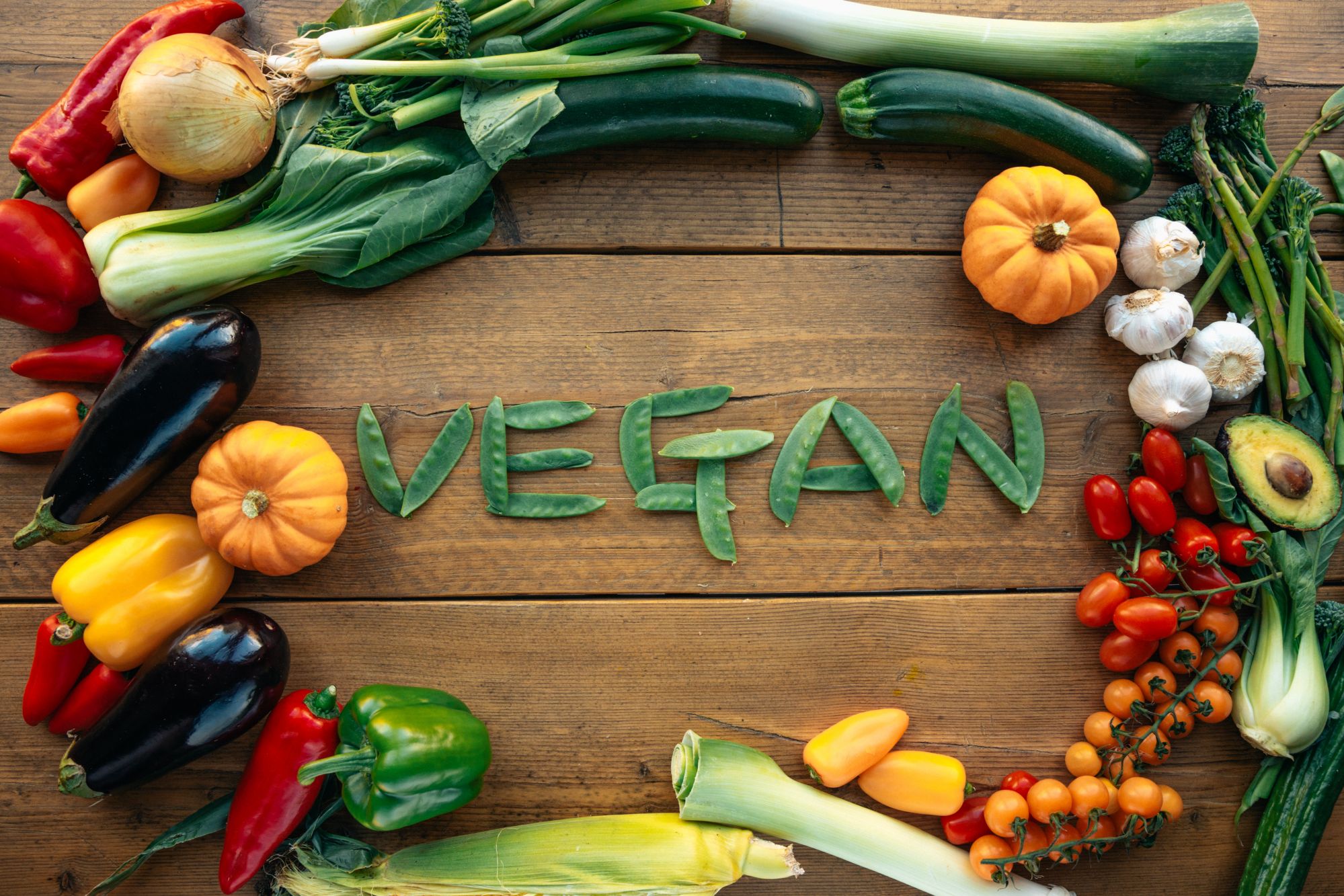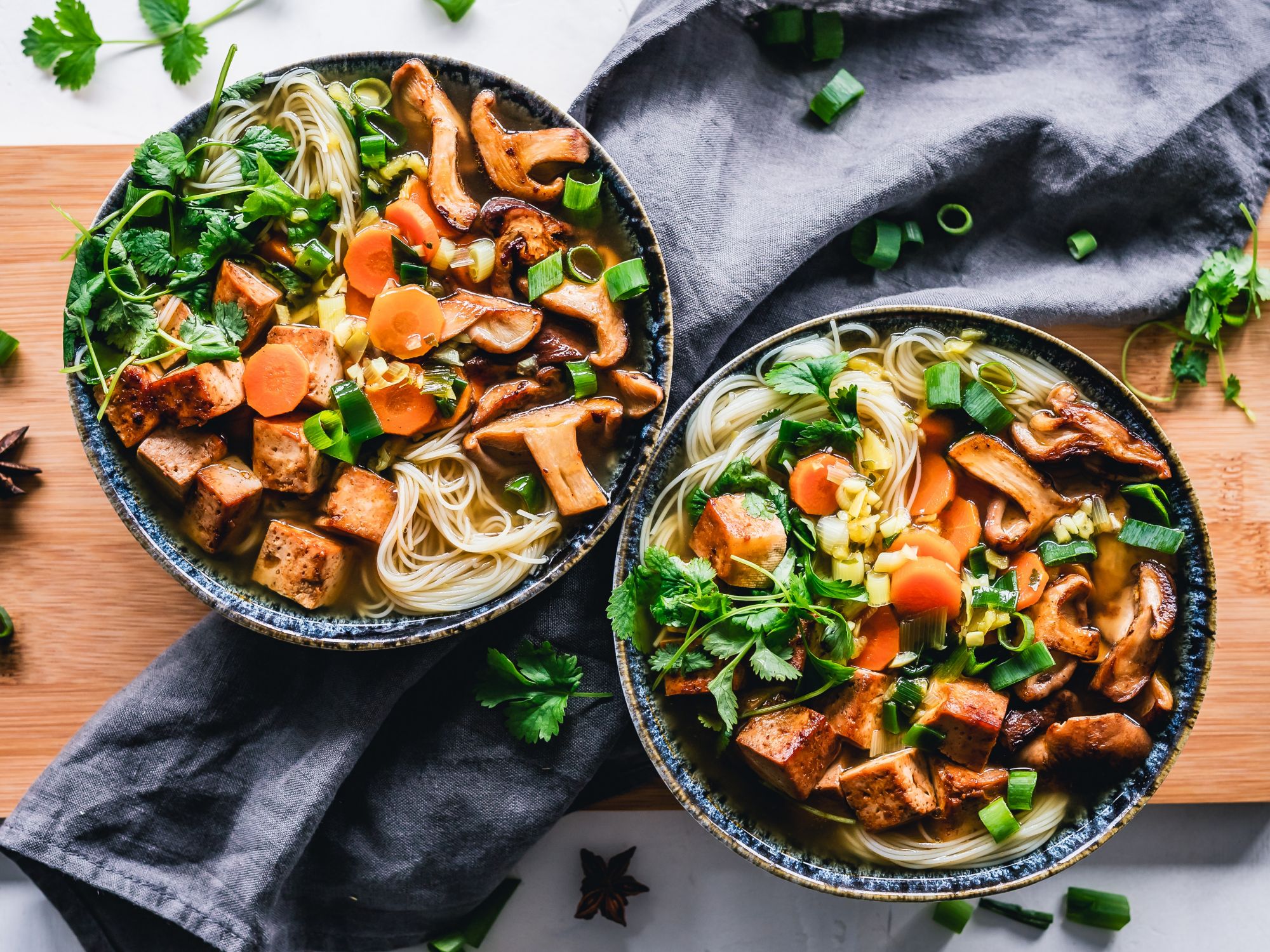Delve into the differences and benefits of vegetarianism and veganism
Health has been everyone's priority for the past few months, and the rise in interest for plant-based options proves this. Terms such as vegetarian and vegan have been loosely used years before, but even more so since the prevalence of an invisible threat that we call COVID-19. While both ways of living are beneficial for our health and the environment, vegetarian and vegan diets are quite distinct. For one thing, you may approach it from the perspective of diet, or as a new way of living. So if you have been contemplating taking on a healthier way of life, for the sake of all, read on to get the lowdown on veganism and vegetarianism.
Read more: The Wholesome Table Has A New Menu For 2021, Founder Bianca Elizalde Shares


Vegetarian
WHAT IS CONSIDERED VEGETARIAN?
A vegetarian is an individual who follows a diet that consists of plant-based food and beverages, excluding meat, fish, and poultry - no animals that were once living. You may consume dairy, eggs, and honey. Simply put, a vegetarian diet does not include any type of food which comes from slaughter.
Vegetarians follow this form of diet either because of many reasons but more often than not due to their health conditions or religious beliefs. Because people have varied motives for being vegetarian, different types of this particular diet have formed. These are pure vegetarian, eggetarian or ovo-vegetarian, Jain diet, and Lacto-vegetarian, for example.
Pure vegetarians often eat vegetables and stay away from all sorts of animal products. Ovo-vegetarians can eat vegetables, fruits, eggs, and milk but not meat, seafood and their derivatives. Those who follow the Jain diet consume vegetables, milk, eggs, and anything grown under the soil such as potatoes, onions, garlic. Lacto-vegetarians, on the other hand, will eat anything of vegetable origin, milk and derivatives, but not eggs, meat, and fish.



